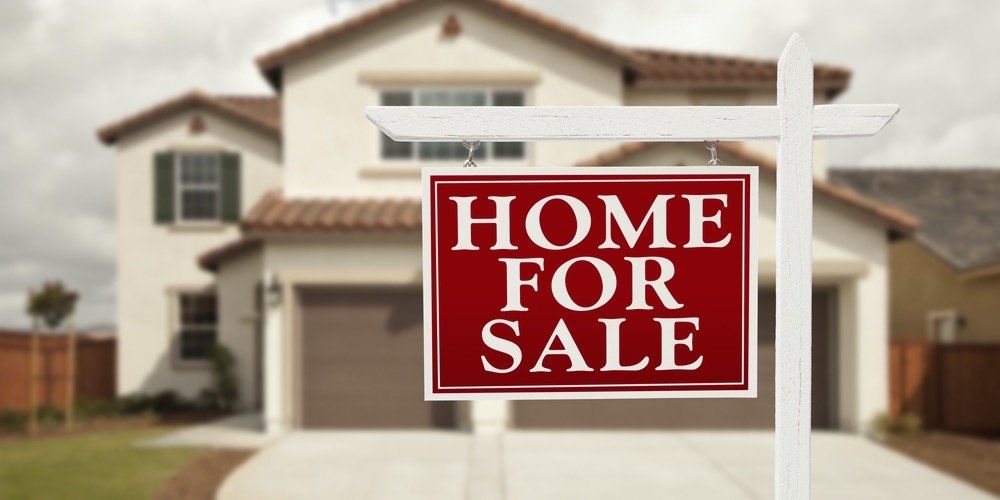Thinking of Selling? Costs You Should Know About!
Often times it’s the simple math that will betray you when selling a property. In your head you do quick calculations, you take what you think your property will sell for and then subtract what you owe on your mortgage, and the rest is your profit! Well… not so fast, there are several costs that have to be taken into consideration when selling a home. It’s especially important to get these costs right when you are selling one property, and using the proceeds from that sale as a downpayment for another property.
So here is a fairly comprehensive list of costs you may incur when selling your home.
Real Estate Transaction Costs
Although it may seem odd that you have to pay money to sell your home, that’s the reality, and selling a property isn’t cheap. If you use the services of a professional REALTOR®, the total commission cost is going to be anywhere between 4-6% of the purchase price, divided between the listing agent (the REALTOR® who represents you) and the buyer’s agent (the REALTOR® representing the buyer). It’s also good to note that GST is added to real estate commissions.
If you are looking for a way to get around paying real estate commissions, you might consider selling your house privately. To list your property with a FSBO company (for sale by owner), you are going to be anywhere between $400-$1500 just for setup and a bit of marketing. From there, you may still have to negotiate a commission if potential buyers are working with a buyer’s agent.
Mortgage Discharge Fees
If you have a mortgage on your property, there will be a cost to discharge it, the question is how much?
If you are breaking your mortgage in the middle of your term, you will be responsible to pay a penalty. On a closed mortgage, that penalty will be either 3 months interest or an Interest Rate Differential penalty, known as an IRD. Each mortgage contract is written up differently lender by lender, so it’s impossible to simply explain the math here and have you calculate your penalty on your own. In order to figure out your IRD ahead of time, you can either contact your lender directly, or you can contact me and I can help you through the process.
The IRD penalty is the wildcard in the whole process, because depending on how the lender calculates the penalty, penalties can range from $3,000 to $30,000. It is very important to know what you are dealing with here.
If you are currently in a variable rate mortgage, your penalty will be equal to 3 months interest. Even if you are in an open mortgage, or have a home equity line of credit secured to your property, there might not be a penalty to discharge, but there will most certainly be some kind of lender fee, usually between $250-$500.
Lawyer’s Fees
In order to discharge the title of your property, and to verify that the buyer is going to receive a clear title of your property, you are going to incur legal fees to sell your property. In a straightforward discharge, expect to pay between $500-$1000, less than when you purchased the property, but an expense none the less.
Utilities and Property Tax
Although this might not come as a surprise, when you are selling your property, you are responsible for paying all the property taxes and utilities up to the day you no longer have possession. If you close in the middle of the month, you will be responsible for half the months taxes and utilities. If you are on equalized payments, and you have run a deficit with the utility company, expect to bring that bill current before your lawyer can discharge the mortgage!
Capital Gains Tax
If you’re selling your primary residence, you are in the clear. In Canada we don’t pay tax on the appreciation of our primary residences, however, if you are selling an income property, you will be responsible to pay taxes on half the gains at your marginal income tax rate.
Property Repair
If you are looking to sell your house quickly, you will want to make sure that it is in tip top shape, don’t underestimate the growing costs of fixing your property up before trying to sell it. It has been said that sellers should consider spending up to .5%-1% of the asking price on getting the property ready, making sure the small things are looked after will give people the feeling like the property was looked after . Low-cost, minor improvements like
- Patch drywall and nail holes, repaint.
- Fix or replace damaged flooring.
- Repair plumbing leaks.
- Replace burnt out light bulbs.
- Replace outdated light fixtures.
- Clean out and reseal gutters.
- Keep up with the yard and garden.
Moving
Don’t forget that once you do sell your house, it’s gonna cost you money (and time) to move. Depending on how much stuff you have, you are looking at some gas money and pizza for friends, or a few hundred to a few thousand for movers.
There you have it, by understanding these costs hopefully you will have a better idea of how much money you will actually have in your jeans after selling your house! And if you need a mortgage to buy a new one, contact me anytime!
Katherine Martin
Origin Mortgages
Phone: 1-604-454-0843
Email: kmartin@planmymortgage.ca
Fax: 1-604-454-0842
RECENT POSTS








